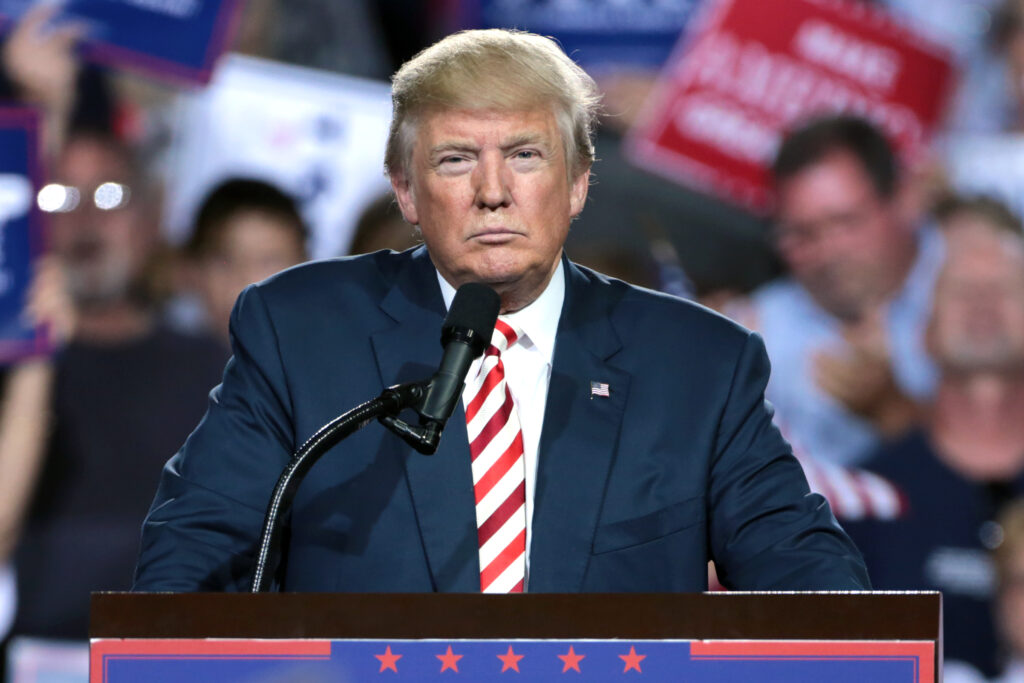Since 2019, President Donald Trump has been served six different cases involving non-disclosure payments, classified documents, election subversions and civil fraud. These include the hush money, 2020 election interference, Washington election subversion, Florida classified documents and New York civil fraud cases, which gained significant attention.
In March 2023, Manhattan District Attorney Alvin Bragg charged President Donald Trump with falsifying business records. The charges were tied to non-disclosure payments made to an adult actress before the 2016 presidential election to silence claims of an affair, which President Trump has denied. The case was concluded in May 2024 when the jury convicted President Trump of 34 felonies involving falsifying business records in the first degree.
The presiding Judge, Judge Juan Merchan, has made statements about sentencing President Trump with unconditional discharge, exempting President Trump from prison time, fines and probation. However, the conviction will remain on record. On Dec. 3, President Trump motioned to dismiss the case, arguing that his civic and financial contributions to the nation warranted his dismissal, however the judge rejected this motion. Trump reaffirmed his plea of not guilty, insisting that these charges were politically motivated.
In a separate court proceeding on Dec. 16, President Trump motioned to overturn the hush money conviction. He argued that the United States (U.S.) The Supreme Court’s July 1 ruling stated that presidents cannot be criminally prosecuted for official actions and these should apply to him. This motion was denied, the ruling explicitly clarified that it does not shield presidents from prosecutions for personal conduct. Prosecutors alleged that President Trump was intentionally falsifying business records to conceal payments violating New York election laws. These laws state that falsifying business records becomes a felony when committed with the intention of advancing another crime, which prosecutors argued was influencing the unlawful outcome of the 2016 election.
Trump faced other high profile cases including the 2020 election interference case, which alleged that Trump made efforts to overturn the 2020 presidential election results. Special Counsel Jack Smith accused Trump of instigating an “unprecedented criminal effort” to remain in power after losing the 2020 election. The trial has faced delays due to Trump’s win in the 2024 election.

Prosecutors have suggested charging the President under the Insurrection Act, which grants the President authority to deploy military and National Guard troops within the country. However, prosecutors determined that there wasn’t a sufficient amount of evidence to proceed, particularly in relation to the Jan. 6 Capitol insurrection.
President Trump faced charges once again in Aug. 2023 for alleged efforts in subverting the 2020 election, however the case was dismissed in Nov. 2024 when President Trump won the election. In June of 2023, Special Counsel Jack Smith charged President Trump with mishandling several classified documents in Florida after leaving office. However, the case was also dismissed following President Trump’s win in the 2024 election.
In September 2023, Judge Arthur Engoron found President Trump liable for fraud, alleging that the President intentionally misrepresented his wealth. Under New York state law, President Trump is required to pay interest on penalties, which orders him to pay $454 million. President Trump has denied these accusations and is appealing the court’s decisions.
Since 2019, President Donald Trump has faced multiple legal challenges involving high profile cases most of which have been halted or dismissed following his victory in the 2024 presidential election. With several cases still pending, the progress of these legal matters is being monitored closely as they move through the courts.
This post was originally published on here







